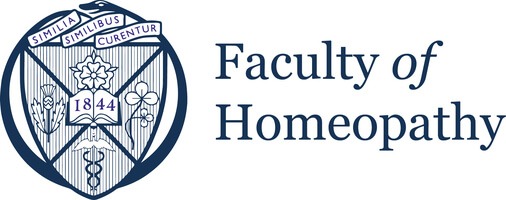Vitamin deficiency occurs when the body does not have enough of certain vitamins. This can happen for a variety of reasons, such as poor diet, certain illnesses, or medical treatments like chemotherapy.
Vitamin deficiency can cause a variety of health problems, including fatigue, poor immune system function and, in some cases, an increased risk of certain types of cancer. Common vitamins that are often deficient in cancer patients include vitamin C, vitamin D, iron, zinc, folate (folic acid), B12, and B6.
It is important to maintain adequate levels of these vitamins in order to reduce the risk of developing cancer and to help fight off other illnesses. Treatments for vitamin deficiency include dietary changes, supplementation and lifestyle modifications, depending on the severity of the deficiency.
Vitamin deficiency is a common problem among cancer patients due to their weakened immune systems and the effects of chemotherapy and radiotherapy.
A 2013 meta-analysis conducted by Teleni et al. found that more than three-quarters of cancer patients had insufficient levels of vitamin D (25-hydroxy-vitamin D). Other vitamins, such as vitamin D3, have also been found to be deficient during chemotherapy.
It is important, therefore, for cancer patients to monitor their vitamin levels and take steps to address deficiencies in order to ensure better overall health and reduce the risk of disease progression.
Symptoms of vitamin deficiency in cancer patients can range from mild to severe, depending on the type of deficiency and the severity of the condition, but the most common symptoms include:
Common vitamin deficiencies in cancer patients are typically centred around:
It is important to maintain adequate vitamin levels in cancer patients in order to reduce the risk of symptoms caused by vitamin deficiency as well as maintain overall health and support recovery.
Vitamin deficiencies can be addressed through dietary changes, supplementation, and medication. A balanced diet rich in fruits, vegetables, and proteins is recommended for cancer patients. Supplementation with vitamins and minerals may also be necessary to replenish any nutrient deficiencies.
Finally, certain medications may be prescribed to help replenish essential vitamins that are depleted due to chemotherapy or radiation therapy.
It is important to discuss any vitamin supplementation with your doctor as certain supplements may interfere with cancer treatments.
Maintaining adequate vitamin levels is essential for cancer patients as it can help reduce the risk of symptoms caused by vitamin deficiency as well as maintain overall health and support recovery.
Treatments for vitamin deficiency in cancer patients can be addressed with dietary changes, supplements, and medications.
Dietitians are often consulted to help cancer patients make adjustments to their diets to ensure they are getting enough of the necessary vitamins and minerals.
Additionally, supplementation with vitamins and minerals in IV drips may be recommended by the patient's healthcare team to address any deficiencies.
In cases of severe vitamin deficiencies, medications may be prescribed. It is essential for cancer patients to consult their healthcare provider before starting any supplement regimen, as some supplements can interfere with chemotherapy drugs or other treatments.
Integrated Medicine and Holistic Healthcare Clinic in London offers IV vitamin drips such as high dose vitamin C to help with any vitamin deficiencies cancer patients may experience. Unlikely other clinics, we use a holistic approach which includes a doctor's consultation, possible blood tests and any other tests that might be required, so the drips are specific to individual patients' needs and not harmful.
Our IV vitamin drip services include patient follow up as well as any other recommendations we feel will benefit out patients cancer journey.
In conclusion, vitamin deficiency is a common issue among cancer patients, as the disease and its treatments can deplete the body of vital nutrients. Patients should be aware of the signs and symptoms of vitamin deficiencies and take steps to ensure they are consuming adequate amounts of vitamins in their diets.
Additionally, they may need to supplement their diets with additional vitamins or get vitamins through IV infusions.
It is important for cancer patients to maintain adequate levels of essential vitamins to protect their bodies from further damage and promote better outcomes.

Consultant in General Internal Medicine (GMC reg. number: 7541548) and Specialist in Complementary Cancer Care
MBBS, MRCIM (Spain), MSc Homeopathy, MFHom, Master practitioner in Ericksonian Hypnotherapy and Neurolinguistic Programming, MSc in Nutrition
Integrated medicine Doctor and Holistic Medicine Practitioner



